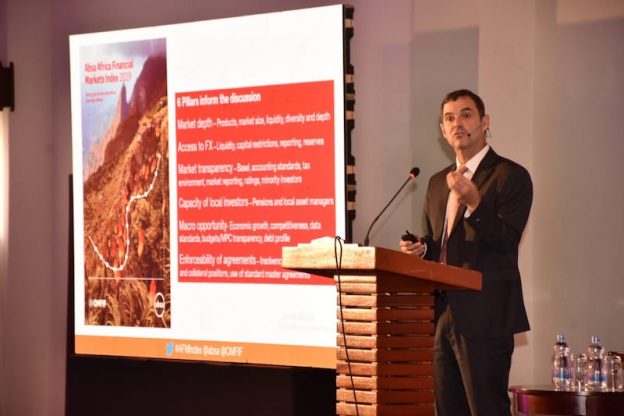“Fundraising via small cap IPO” was the title of a webinar last week, that was hosted by Jonathan Nelson of HF Capital and which featured Gokul Mani and Ope Sule, both of the London Stock Exchange (LSE).
In nine months of 2021, London has had 81 IPO deals that have raised $20 billion. It is one of the top 3 global exchanges after the USA and Hong Kong, but London is the largest international market (of the 2,000 listed firms, 700 are not from the UK), while the others mainly comprise local firms.
There are 160 African firms on the LSE and these include Airtel Africa, Vivo, Jumia and Acorn.
Why list at London?
- Firms will get the right price: With $100 million assets, a company can raise $35-40 million
- A listing makes it easier to raise more money; when a company is private it can spend 6 months raising money. But once listed on the LSE, it can raise $30-40 million overnight
- 30% of LSE firms are listed on 2 or 3 other exchanges. London partners with Nigeria and South Africa exchanges so if a company lists in London, it doesn’t have to provide too much additional information to list on South Africa with a bit more in Nigeria.
- To list at London, a company should be valued at about $50-70 million for the Aim board and $150-200 million for the Main one.
- Compare this to the US where a company needs to aim for a $5 billion valuation. If this is lower than $3-4 billion, the US is not for them, but London will give that investor appetite.
- London is primarily institutional and by fundraising there, companies are dealing with professional money managers while China is mainly retail (45-50%) as well as the US (30-45%), London retail is 10-12%.
- London can value technology firms, unlike (African) local markets – and most of the technology firms raising money this year are loss-making, but the market can still price them.
What firms will need to do?
- It costs a lot to raise money in terms of the time to meet investors and do roadshows.
- To raise $10-20 million, the fundraising cost is 5-6%, but for a larger target of $100 million, it would be 2.5-3.5%.
- Firms are advised to hire a public relations (PR) as well as investor relations (IR) firms that are based in London – spending $200,000 a year for these.

